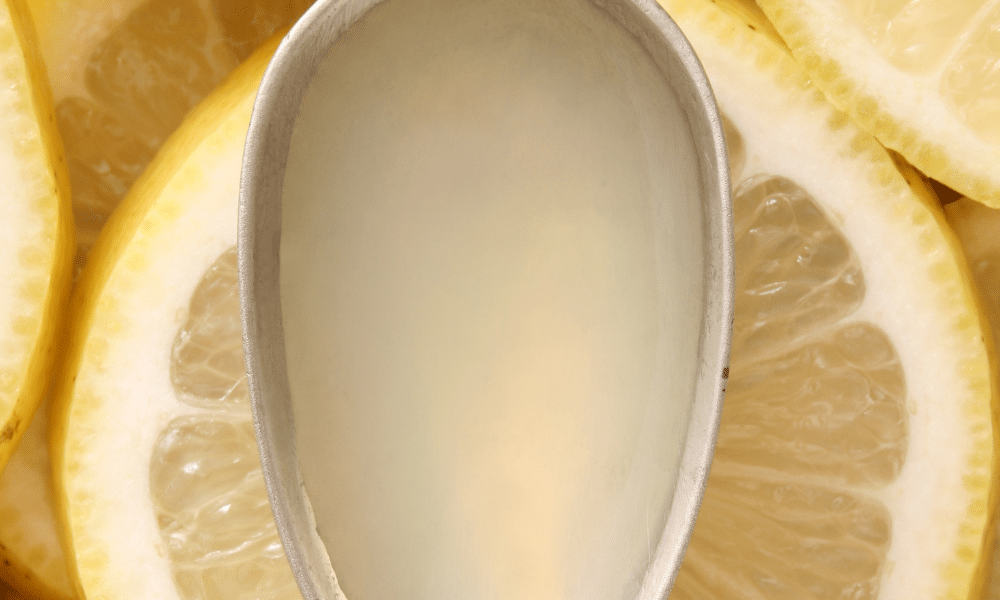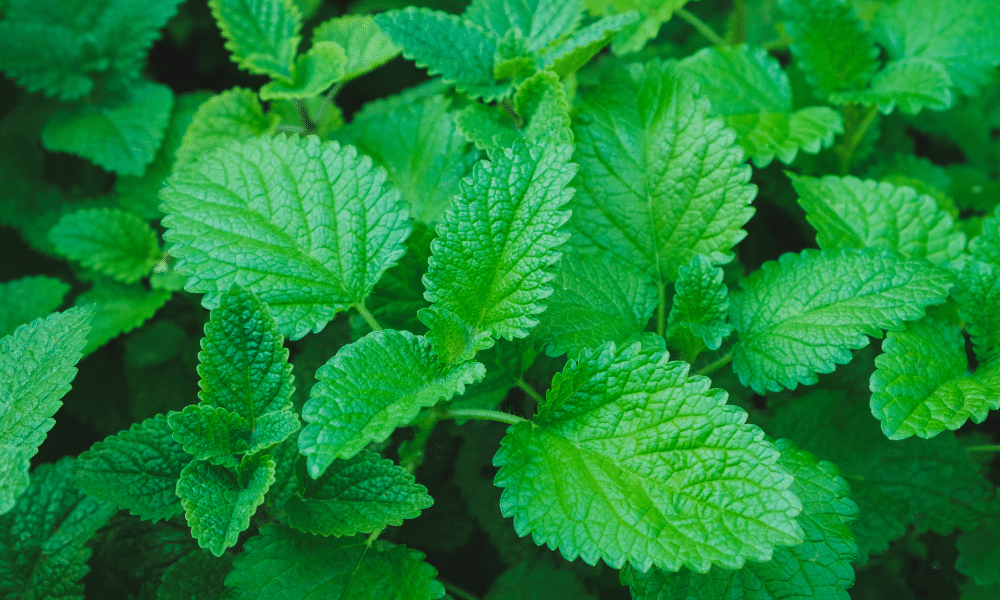Lemongrass is a herb most commonly brought in fresh stalks, but can also be purchased as a powdered or as a dried herb. It can be eaten cooked and raw and has a variety of uses within Thai cuisines.
It is a popular herb in many fish-based dishes and stirfries, but also has its uses in hot and cold drinks such as tea or Thai lemonade.
However, not everyone can get their hands on lemongrass. You can grow it yourself, but it requires a warm environment, and it is not that cheap to buy most of the time.
So, what are some affordable substitutes for lemongrass?
Our 4 Substitutes for Lemongrass
Though lemongrass does have a similar fragrance and flavour as a lemon, its profile is more complex. When cooking lemongrass, you will be able to taste hints of ginger as well as faint floral notes. Some even report a touch of mint flavouring.
At the end of the day, it is the elevated lemon flavour that makes lemongrass such a desirable ingredient.
Here are our top 4 substitutes for lemongrass:
1) Lemon Zest
Though its fragrance is not as intense as a lemongrass’ fragrance, lemon zest is the closest food to lemongrass and therefore makes the best substitute.
You can buy lemons at pretty much any food store, and they are extremely cheap compared to lemongrass.
The oils within the zest of lemon are the same oils that are naturally infused into lemongrass. As such, you can get that same fresh citrus flavour.
Unlike lemongrass, lemon zest can create a bitter aftertaste if used in excess. You’ll only need to use ½ teaspoon of lemon zest for each stalk of lemongrass that a recipe calls for.
Avoid the Pith
As you zest your lemon, its white pith may begin to show if you grate too much. This is the most bitter part of the lemon and will not be a pleasant addition to your dish.
2) Lemon Juice
Perhaps the simplest substitute, lemon juice will quickly add the strong lemon hit to a dish that lemongrass does.
To get the best quality lemon juice, find a fresh lemon. You should be able to softly squeeze its middle without much pressure. These are the lemons that will be full of juice.
Lemon juice will have a much more intense flavour than lemongrass and will not carry the complex perfumed flavour of lemongrass. But if you are after that strong hit of lemon in your dish, then it will be a fine substitute.
You can add the juice to any drink or dish that calls for lemongrass. Simply use 1 whole juiced lemon to 1 stalk of lemongrass.
Avoid Bottled Lemon Juice
Some may be tempted to use bottled lemon juice instead of juicing a lemon themselves. However, if you can, avoid doing so.
Bottled lemon juice usually contains a lot more sugar. It will taste less like lemongrass and more like a lemon glaze.

3) Ginger and Coriander
Ginger is often used to add a deep, complex profile to dishes – hence why it is often used in curries, Asian stews and stirfries.
Paired with the aromatic, citrusy coriander, the mixture closely resembles the flavour of lemongrass.
Combine ginger and coriander on a 1:2 ratio and adjust according to your own tastes.
You may find that you want to highlight the citrus flavour in your dish. In which case, you could add a little lemon juice or zest into the mix.
Use the Fresh Stuff
Though powdered ginger and coriander will taste like lemongrass when combined, the flavour will be more diluted. To get the full effect, use fresh ginger and coriander stalks.
4) Lemon Balm
As a plant you can easily grow in your back garden, lemon balm is a cost-effective and generally effective substitute for lemongrass.
It has the same sharp citrus flavour and can possess the same floral hints that make lemongrass such a complex ingredient.
Out of all the substitutions mentioned so far, it is lemon balm that will work best when used in tea or a dessert. Just prepare it as you would mint leaves.
You will have to ensure that you have enough lemon balm leaves to hand though as it usually takes 4 leaves to match the intensity of one lemongrass stalk.
Dry Lemon Balm at Home
If you need a lemongrass substitute ASAP, then just pick as many leaves as you need.
But if you are harvesting a bunch of lemon balm at one time, tie a few stalks together and hang them somewhere in your kitchen with good airflow until dry herbs. Perhaps by the window?
When properly dried, lemon balm can keep its flavour for a long time.

Other Substitutes for Lemongrass
Here are some less-common substitutes for lemongrass that will also replicate the complex flavour of the herb. If you have them to hand, then you can also use:
- Yuzu Juice – A very citrusy, Asian fruit, yuzu is commonly used in fish recipes. It is extremely strong so use it in moderation.
- Rocket Leaves – With a tangy, harsh flavour, rocket leaves can help your dish taste sharp like lemongrass. But you will need to add some lemon zest to highlight its citrus flavour.
- Lime – Any lime flavoured ingredient could also work as a lemongrass substitute, but the flavour won’t be as intense and won’t taste quite the same.
Summary
The most important flavour to capture with a lemongrass substitute is its developed lemon flavour. So, unsurprisingly, lemon flavoured substitutes will work best.
But is it specifically the zest of a lemon that will offer the closest flavour to lemongrass.
